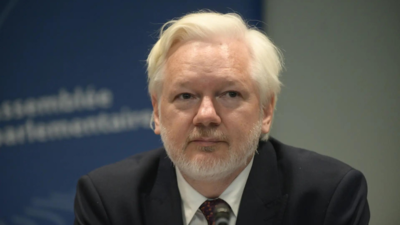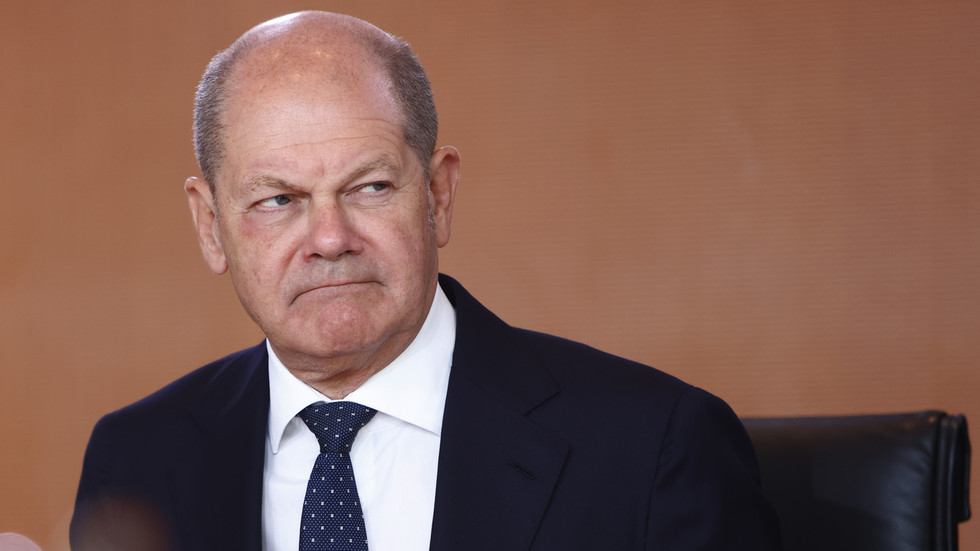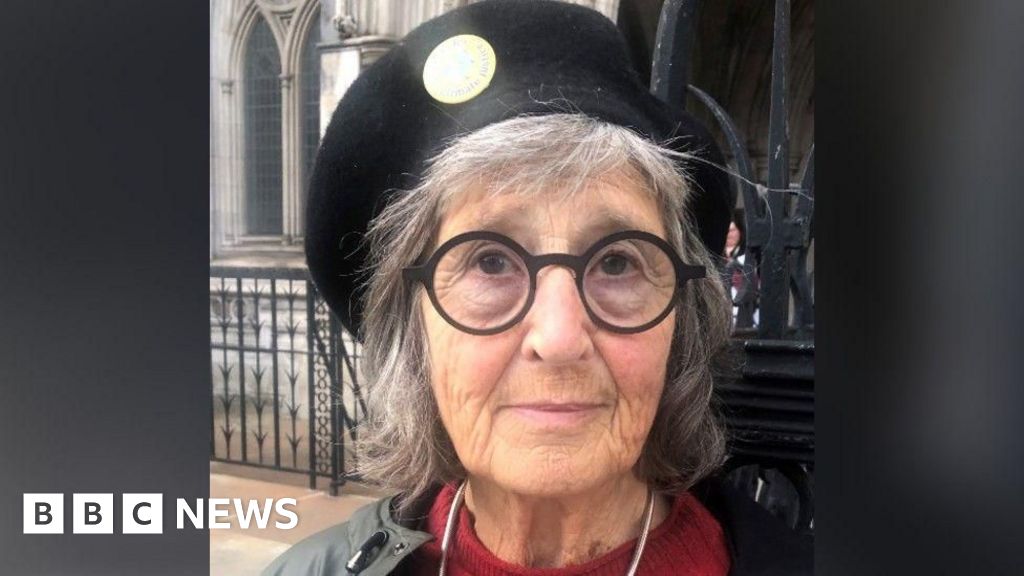
WikiLeaks founder
Julian Assange
said on Tuesday that he was freed after years of imprisonment because he "pled guilty to
journalism
" in an address to the Parliamentary Assembly of the
Council of Europe
's legal affairs and human rights committee in Strasbourg, France.
This marked Assange's first public remarks since his release from a British prison, where he had spent five years following a plea deal with US prosecutors.
Assange’s reflecting on his tumultuous journey, said, “I am not free today because the system worked. I am free today after years of incarceration because I pled guilty to journalism."
He further elaborated, "I pled guilty to seeking information from a source. I pled guilty to obtaining information from a source. And I pled guilty to informing the public what that information was."
Assange described the transition from years of confinement in a maximum security prison to addressing the European parliamentarians as a "profound and a surreal shift." He detailed the experience of years of isolation in a small cell, apologizing for his "faltering words" and "unpolished presentation" due to the ordeal he endured.
Assange’s detention stemmed from his role in publishing classified US military information that exposed potential misconduct in Iraq and Afghanistan, including the release of hundreds of thousands of war logs and diplomatic cables. While
press freedom
advocates hailed his contributions to transparency, critics contended that his actions endangered national security and innocent lives, straddling the line of traditional journalism.
His plea, concluded in a US district court in the Northern Mariana Islands, involved admitting to a charge under the
Espionage Act
for conspiring to unlawfully obtain and disseminate classified national defense information. He was sentenced to the five years he had already served in the UK while fighting extradition to the US.
Assange's appearance before the Council of Europe's Parliamentary Assembly follows the publication of a report on his five-year detention in a high-security UK prison. The assembly's human rights committee expressed deep concern over his harsh treatment and classified him as a
political prisoner
in a draft resolution.

 2 months ago
23
2 months ago
23









